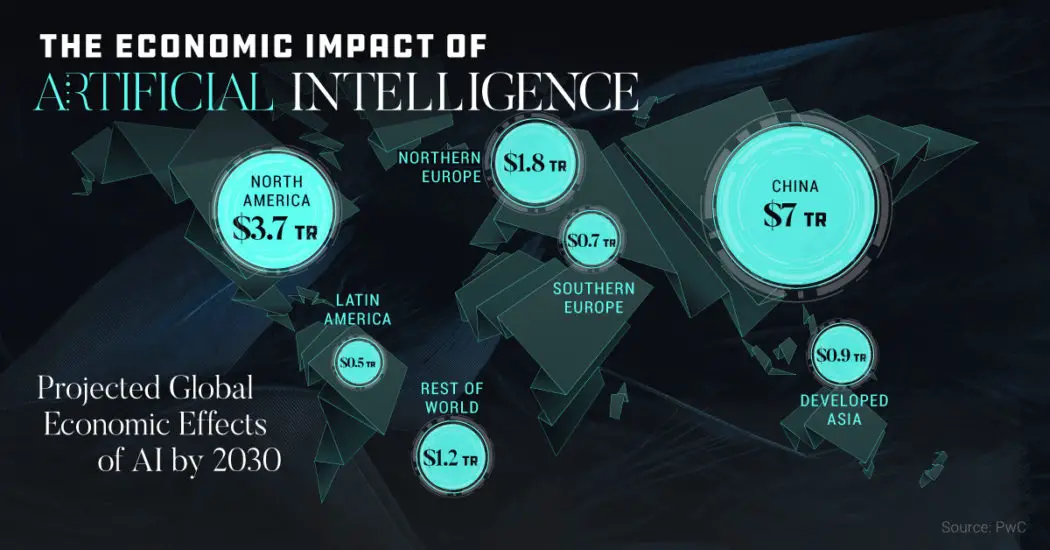The Impact of AI on Publishing: Content, Distribution, and Marketing

Artificial intelligence (AI) is rapidly transforming the publishing industry, impacting every aspect from content creation to distribution and marketing. Here’s a detailed exploration of the impact of AI on publishing:

Content Creation:

- Automated Content Generation: AI-powered tools can generate articles, reports, and summaries based on existing data and knowledge. Publishers can use this to create vast amounts of content at scale, freeing up time for more strategic tasks.
- Content Personalization: AI algorithms analyze user preferences to tailor content to individual readers. Publishers can provide targeted content that meets the specific interests and needs of their audience.
- Fact-Checking and Verification: AI can assist publishers in verifying the accuracy and reliability of content before it is published. This safeguards against fake news and promotes trustworthy content.
Distribution:
- Personalized Distribution: AI can identify and suggest relevant readers for each piece of content. Publishers can distribute content to the most appropriate audiences through targeted channels, increasing engagement and conversion rates.
- Platform Agnostic Publishing: AI-powered publishing tools allow publishers to distribute content across multiple platforms, including websites, social media, and mobile apps. This expands audience reach and accessibility.
- Automated Content Delivery: AI can automate the delivery of content based on predefined schedules or triggers. Publishers can ensure timely and consistent content delivery, improving engagement and communication.
Marketing:
- Targeted Marketing Campaigns: AI helps publishers identify and target the most promising prospects for their content. By analyzing user behavior and preferences, publishers can tailor marketing campaigns to specific segments, maximizing conversion and revenue.
- Personalized Recommendations: AI can recommend personalized content to users, encouraging them to explore more relevant and engaging materials. Publishers can use this to drive traffic and increase readership.
- AI-Powered Outreach: AI can automate outreach efforts, such as sending personalized emails to potential readers. This streamlines marketing and saves time, while also improving engagement and lead generation.
In conclusion, AI is having a profound impact on publishing. By automating tasks, personalizing content and distribution, and optimizing marketing efforts, AI is empowering publishers to create and deliver more engaging and relevant content to their audience, ultimately transforming the future of publishing.## The Impact of AI on Publishing: Content, Distribution, and Marketing
Executive Summary
AI is rapidly changing content creation across industries, including publishing. Publishers leveraging AI can expect increased efficiency, improved content personalization, enhanced discoverability, and data-driven marketing strategies. This article analyzes the transformative impact of AI on publishing in three key areas – content, distribution, and marketing. With relevant examples and insights, it explores how AI automates processes, personalizes experiences, optimizes distribution channels, and revolutionizes marketing campaigns.
Introduction
AI’s impact on human activities continues to grow, and publishing is no exception. From content creation to delivery and monetization, AI is transforming nearly every aspect, offering significant benefits and challenges for publishers.
FAQs
Q: How can AI help publishers create better content?
A: AI can analyze vast amounts of data to identify trends, audience preferences, and language patterns, enabling publishers to produce more engaging and relevant content that resonates with readers.
Q: What role does AI play in content distribution?
A: AI algorithms optimize content delivery by analyzing reader behavior and preferences, personalizing recommendations, and identifying the most effective distribution channels.
Q: How can AI improve marketing efforts?
A: AI analyzes customer data to segment audiences, personalizes marketing messages, automates campaigns, and measures the effectiveness of different strategies.
Top 5 Subtopics
Content Creation
- Automated Writing: AI tools assist writers with tasks like article generation, summarizing, and translating, increasing efficiency and productivity.
- Content Optimization: AI analyzes content for readability, grammar, and SEO relevance, suggesting improvements for enhanced user engagement and search engine rankings.
- Natural Language Processing (NLP): NLP enables AI to understand and interpret human language, making content more personalized and engaging.
- Personalized Recommendations: AI algorithms analyze reader preferences to provide tailored content recommendations, improving reader satisfaction and engagement.
- Chatbots and Virtual Assistants: AI-powered chatbots and virtual assistants offer 24/7 customer support, answering queries and providing assistance with content discovery.
Content Distribution
- Personalized Distribution: AI analyzes reader behavior and preferences to identify optimal distribution channels and tailor content delivery for each individual.
- Smart Content Delivery: AI optimizes content delivery based on factors such as time, location, and device, ensuring the best possible user experience.
- Search Engine Optimization (SEO): AI algorithms analyze search engine algorithms and audience behavior to optimize content for higher rankings and increased organic visibility.
- Social Media Optimization: AI tools help publishers analyze social media trends, identify influencers, and optimize content for maximum reach and engagement.
- Paid Advertising Optimization: AI automates bid management, optimizes ad targeting, and analyzes campaign performance to improve return on investment (ROI).
Marketing and Monetization
- Personalized Marketing: AI analyzes customer data to segment audiences and deliver targeted marketing messages that resonate with each individual.
- Automated Marketing Campaigns: AI automates marketing tasks such as email marketing, social media campaigns, and lead nurturing, freeing up time for creative initiatives.
- Data-Driven Insights: AI provides publishers with valuable data and insights into audience demographics, preferences, and behavior, enabling data-driven decision-making.
- Dynamic Pricing: AI algorithms analyze market conditions, audience demand, and historical data to set optimal prices for content and subscriptions.
- Upselling and Cross-Selling: AI tools identify opportunities for upselling and cross-selling related products and services, increasing revenue streams.
Conclusion
AI is revolutionizing publishing, offering substantial benefits to publishers. From automating content creation and optimizing distribution to personalizing marketing campaigns, AI empowers publishers to engage audiences more effectively, gain valuable insights, and drive revenue growth. While AI presents challenges, publishers who embrace its potential will gain a competitive advantage and shape the future of publishing.
Keyword Tags
- Artificial Intelligence in Publishing
- Content Creation Automation
- Personalized Content Distribution
- Data-Driven Marketing Strategies
- Digital Publishing Transformation
